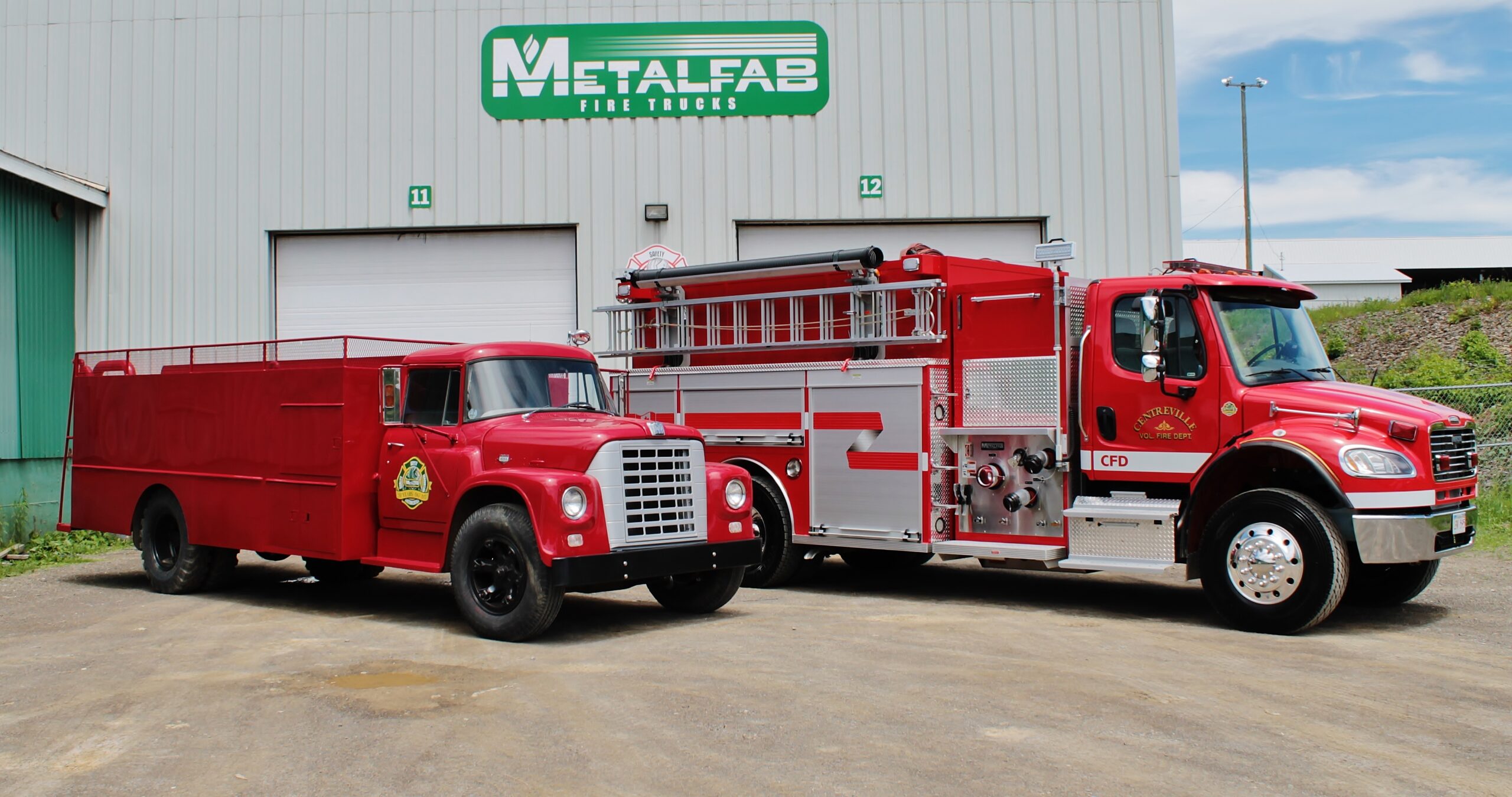
Help for Firefighters Suffering from Job-Related Mental Health Issues
Firefighters are exposed to all kinds of tragedies while on the job, but the public rarely hears about the suffering of the men and women who daily risk their lives. And though firefighters are primarily recognized for responding to fires, they’re also often among the first to arrive at all kinds of disasters, witnessing the horrors of death, accidents where there were serious injuries, and destruction. As a result, rates of post-traumatic stress disorder (PTSD) in firefighters may be heightened more so than in other professions.
One study of firefighters in the United States examined the type of traumatic events they experienced, and high rates of traumatic exposure were found. For example, many had been exposed to crime victim incidents. Another study found that firefighters reported that medical emergencies and motor vehicle accidents were the most upsetting types of calls that they received. Moreover, cumulative stressors include the physical toll on the body, long working hours, work-related sleep disturbance, and an inability to tend to daily family life.
It’s been reported that anywhere between 7% to 37% of firefighters meet the criteria for a diagnosis of PTSD.
Risk Factors for PTSD
A few studies have looked at what factors might put firefighters at greater risk of developing PTSD, which includes the following:
- Being previously in treatment for another disorder
- Starting work as a firefighter at a young age
- Holding a supervisory rank in the fire service
- Being near death during a traumatic event
- Experiencing feelings of fear and horror during a traumatic event
- Experiencing another stressful event (for example, loss of a loved one) after a traumatic event
- Holding negative beliefs about oneself (for example, feeling as though you are inadequate or weak)
- Feeling as though you have little control over your life
- Feeling hostility
Protective Factors against PTSD
Support at home or through work has been found to be one of the most important factors in helping one get through mental health struggles.
This is not surprising in that, among people in general, the availability of social support and effective coping strategies have consistently been found to reduce the risk of developing PTSD following a traumatic event.
Getting Help for PTSD
Seeking help is an important way of reducing the risk of developing PTSD from experiencing multiple traumatic events. The good news is many effective treatments are available, ranging from psychological assistance to medication, to help you overcome the impact of a traumatic event.
Fundraisers Who Care
Two caring local individuals have recently created charities to raise funds and awareness about the dangers of mental illnesses like PTSD.
Ride 4 Suicide Awareness
Maria Pozsgai, a purchaser with Metalfab, started Ride 4 Suicide Awareness in 2021 in honor of her beloved nephew, Jon, who passed away following a long battle with mental illness. Each year since, Pozsgai organizes Ride 4 Suicide Awareness, a motorcycle rally for mental health, to raise much-needed funds for a variety of mental health organizations. The first year, it was the Dr. Everett Chalmers Regional Hospital (Fredericton), where she took Jon for treatment. The second year was for the New Brunswick Military Hospital Family Resource Center, as Jon had spent time in the military. This year, it’s K-9 Therapy for First Responders, because Jon often worked with dogs. “I base my choices of charities on what I believe Jon would want to help,” Pozsgai says.
Always looking for volunteers, Pozsgai says you can get more information by going to her Facebook page or by writing to ride4suicideawareness@gmail.com.
Operation White Heart
Mental health awareness is also the reason Gary Brown started Operation White Heart. In 2021, he built a park within the Giant Steps Wellness Park in New Brunswick as a reminder to promote wellness and fight the stigma surrounding mental health and suicide. At its center, Brown created a 16-foot white heart. “This heart will become a symbol of unity in our fight,” Brown writes on his Facebook page.
To continue his efforts, Brown offers the installation of smaller, 3-foot white hearts to add to home landscaping. “By displaying a white heart on your lawn, you are letting people know that you understand that everyone has a story,” Brown says. “When someone walks by or drives by, they will notice these hearts and be reminded that they are not alone and that it’s ok not to be ok. The hearts will keep the conversation going. It’s all about kindness and hope.”
More information can be found on the Operation White Heart Facebook page. Brown also welcomes people to contact him at operationwhiteheart@gmail.com.
To learn more about Metalfab, contact us.

